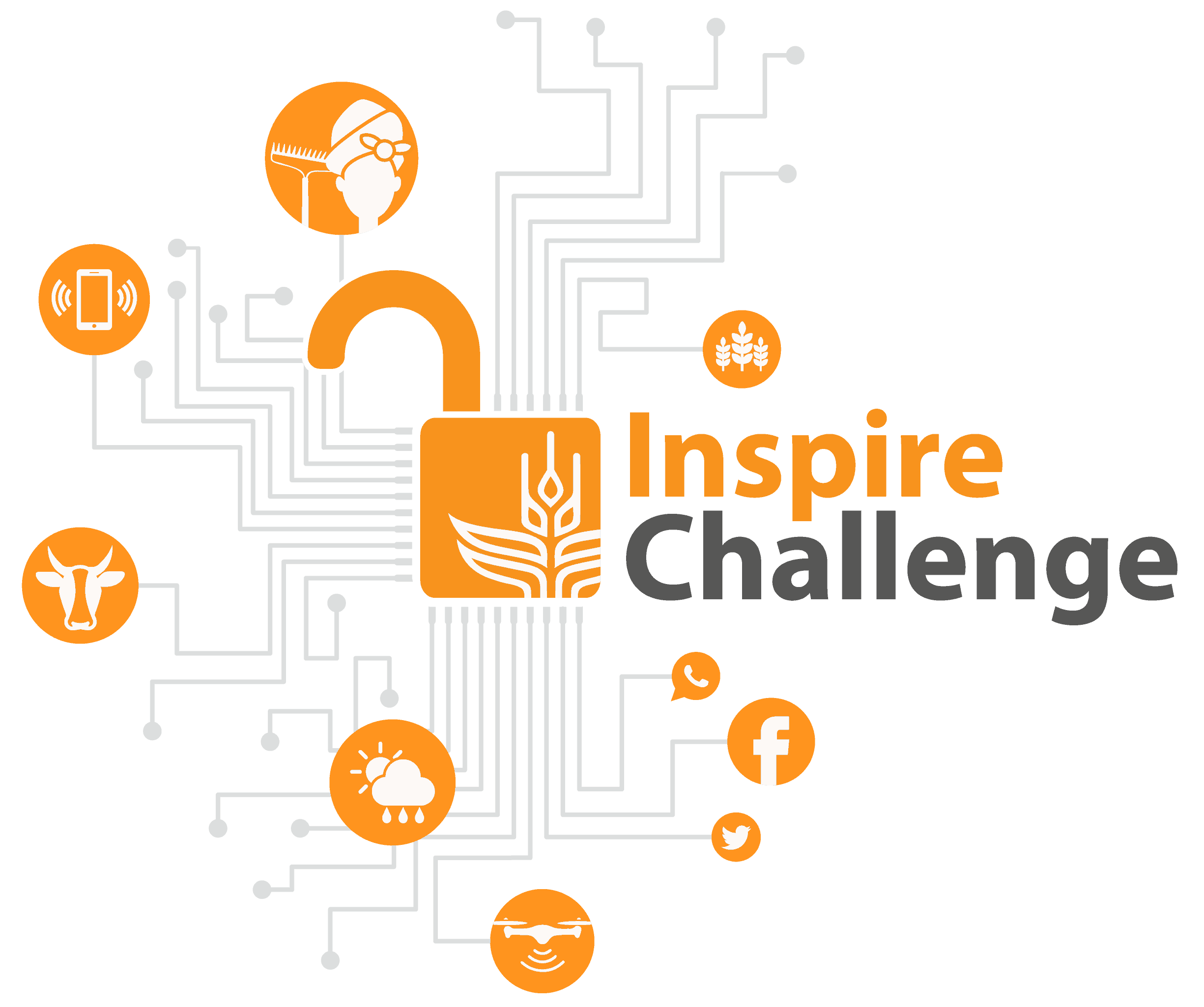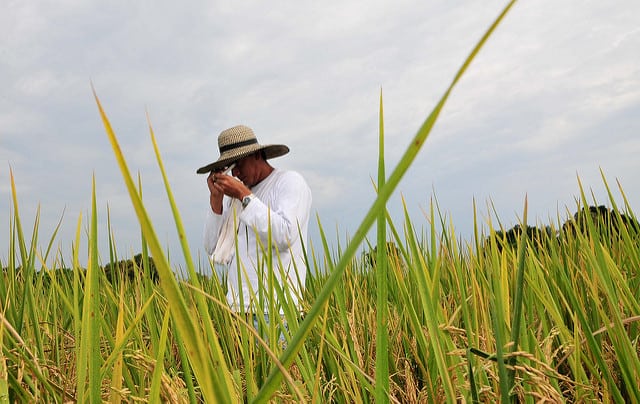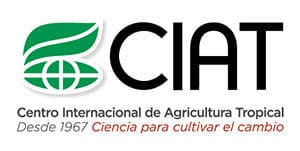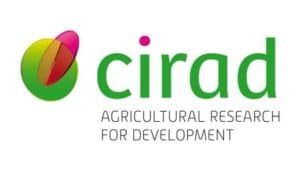
Inspire Challenge 2017 Proposal
From big data to small-scale decisions: what is the impact?
One of the possible application of big data is the exploration of existing data to deliver technical messages for farmers that are tailored to the particular conditions of a specific farm at a given moment in time.
In this process, data has to be collected, compiled, analyzed and interpreted and then be presented to farmers in a relevant way so that they can use it to make better decisions. Indeed, the production of relevant and quality big data information is not enough to achieve its use by farmers. A major strength of big data information is that it is largely based on farmers’ experiences. Paradoxically, this is also its greatest potential weakness.
Most of the data arrives ‘disembodied’ and farmers are unlikely to be able to make sense of it. Thus, the data needs to be processed so that farmers can see how changes in their management practices interact with variations in the weather, whence they can evaluate distinct management strategies.
There is a need to understand if and how farmers can access and use big data information to support decision-making at individual and local level. Understanding the relative role of big data information in farmers’ decision-making constitutes a complex challenge as farmers’ decision-making is fostered and/or constrained by various factors including access to resources and information, experiences, interactions, norms and interests.
As climate change increases seasonal and inter-annual variability beyond the range farmers are accustomed to the validity of farmers’ tacit knowledge (empirical/ intuitive form of knowledge) will be challenged: big data information can play a key role in supporting farmers in their strategies to cope with climate change.
Colombian national federation of rice growers (Fedearroz) routinely collects rice production and management data from farmers’ fields. In partnership with CIAT, Fedearroz has increased both their capacity to collect and to analyze data with big data methods and produce information on how weather variation impacts yield. Currently, there is no strategy to disseminate big data information directly to farmers and hence farmers do no use big data information for their decision-making.
An idea to solve this
In order to provide guidelines for researchers and advisory services to develop big data-based information systems that empower farmer’s management strategies two main hypothesis will be explored:
- Farmers’ socio-economic profiles (men/women, young/old, big or small-scale farmers) influence the type of information needed to make technical decisions and the BDI design and diffusion.
- Interactive dialogue mechanisms induce a change in mediating variables (the use by farmers of relevant practices identified through BD analysis) that permit to improve yields.
To test these hypotheses, the idea is to design, test, and evaluate the impact of different mechanisms (traditional, interactive dialogue mechanisms) to share big data information with farmers in yields. To do that, four steps will be conducted:
- Database on climate, management, soil and on specific challenges that farmers face will be identified or collected.
- These big data will be analyzed in order to address farmers’ challenges.
- The big data information produced will then be shared using several communication channels: conventional such as radio or flyers, and interactive channels such as web/mobile apps.
- Finally, big data information will be evaluated through a different angle (sharing mechanisms, utility, and impact on yield) applying a mixed method that combines quantitative and qualitative approaches for the evaluation of the applicability of BD provides a greater and more holistic understanding of a complex situation.
The predicted impact
Our mixed approach will provide knowledge on empowerment process regarding the use of big data information in decision-making.
Anthropological methods such as participative observation, interviews and workshops will be used to understand how big data information shared through different mechanisms fits into farmers’ individual and collective knowledge system and in what extent it is used.
For the quantitative analysis will be used Randomized Controlled Trials (RCT) and mediation analysis through a factorial design. RCT will evaluate the impact of big data information on yields.
Then, mediation analysis will provide an understanding of the causes of impact or the pathway towards impact. In the trial, different groups will be defined according to specific mechanisms used for sharing big data information.
In the end, recommendations will be formulated on how to foster the use of BDI through adapted dialogue mechanisms.
If the pilot is a success, the methodology could be applied at a bigger scope (rice in all Colombia), or at other crops (maize) or at other parts of the world (Africa, Asia).

Support this Proposal
The Platform for Big Data in Agriculture is all about the creating connections to build the capacity’s need to inspire real change in the agriculture sector.
The aim of the Inspire Challenge is to generate innovative ideas that will revolutionize the future of agriculture using big data tools. You can be a part of the revolution by supporting these initiatives and help secure food for the future.
Contact one of the team members below to ask how you can help realize this idea.
Team:
Fanny Howland | Email
Researcher (CIAT)
Martha del Rio | Email
Field Project Coordinator (CIAT)
Nadine Andrieu | Email
Researcher (CIRAD)
Hugo Dorado | Email
Research Assistant (CIAT)
Francisco Hernandez | Email
(Fedearroz)
Juan Carlos Chaparro | Email
Software Developer (CAFETO Software)
James Cock | Email
Emeritus Scientist (CIAT)







